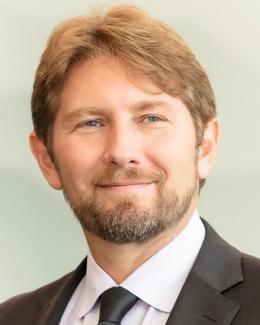Amidst the transition from April showers to May flowers, Purdue University hosted more than 100 attendees at the fourth annual Quantum Science Center, or QSC, summer school.
In her opening remarks, Karen Plaut, executive vice president for research at Purdue, emphasized the importance of training emerging talent at the undergraduate, graduate and postdoctoral levels in the ever-growing field of quantum science. Beyond the walls of the classroom, she envisions a new generation of quantum scientists and engineers who will transform technologies critical for advancing computing, national security, healthcare, finance and other key sectors.
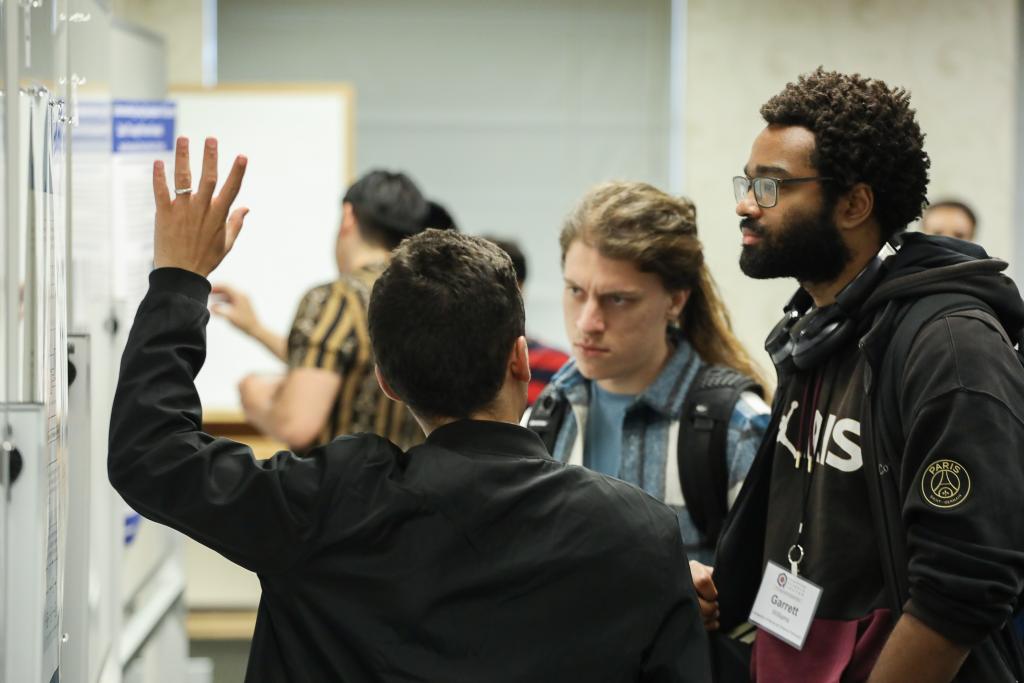
“Interaction with others often leads to bold new ideas,” Plaut said. “You make gains in the field by bringing together a science and technology ecosystem that builds on individual strengths and opens up new collaborations.”
The event featured 29 speakers from national laboratories, industry partners, and universities from across the country and around the world. Students and early-career members of the QSC —headquartered at the Department of Energy’s Oak Ridge National Laboratory — participated in lectures, hands-on workshops, poster sessions and panel discussions alongside colleagues from other DOE National Quantum Information Science Research Centers.
For participants unable to travel to Purdue’s campus in Lafayette, Indiana for the school, the Purdue Quantum Science and Engineering Institute provided a livestream on its YouTube channel, the Quantum Coffeehouse. As always, Purdue staff members, representatives of the QSC Postdoctoral and Graduate Student Association and other organizers tailored all activities to the professional development needs of scientists and engineers who are at the beginning of their quantum career paths, emboldening them to step outside their comfort zones and strive to blossom by becoming valuable contributors in the quantum workforce.
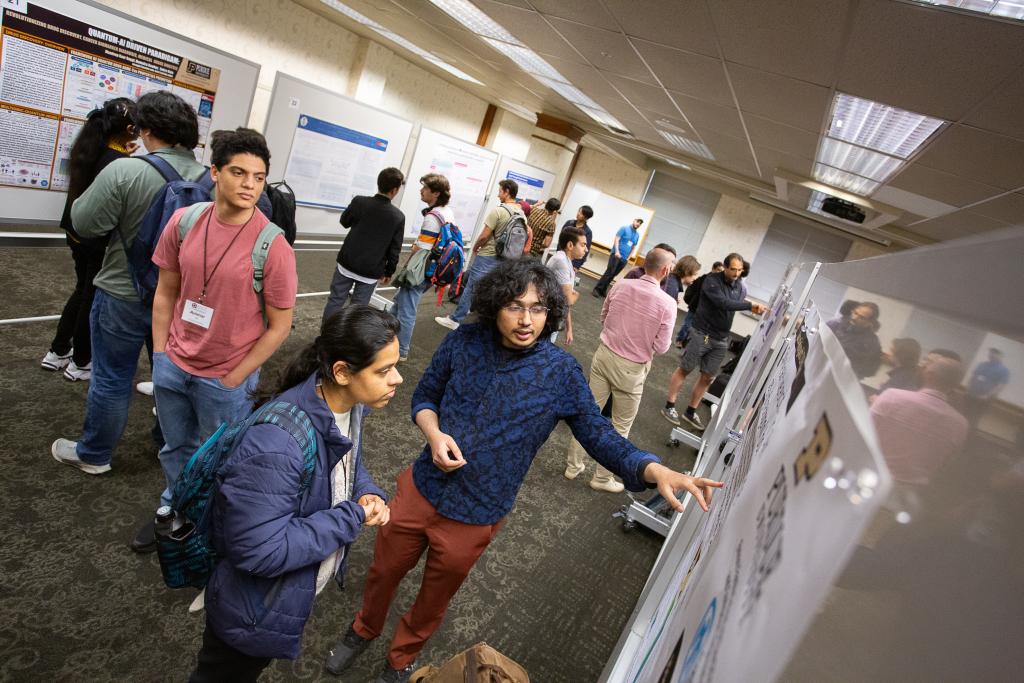
According to Purdue professor and QSC workforce development lead Alexandra Boltasseva, the word “school” should be associated not only with learning new things, but also with building life-long connections among peers and professionals and, ideally, with fun. To foster an environment that embraces these three pillars, the school hosted multiple talks that described different disciplines in a quantum context, including chemistry, optics, sensing, materials, computing and machine learning.
“This event is really the centerpiece of our academic year, and that gives us an opportunity to bring in a diverse set of people from all different areas,” Boltasseva said. “It’s up to you to decide how similar or different you want your career choices to be.”
QSC deputy director Vivien Zapf, a scientist at Los Alamos National Laboratory, or LANL, provided an overview of the QSC’s efforts to design new quantum materials, software and devices in pursuit of enabling better data storage capabilities, dark matter detection and a host of other previously difficult or impossible scientific and technological advances.
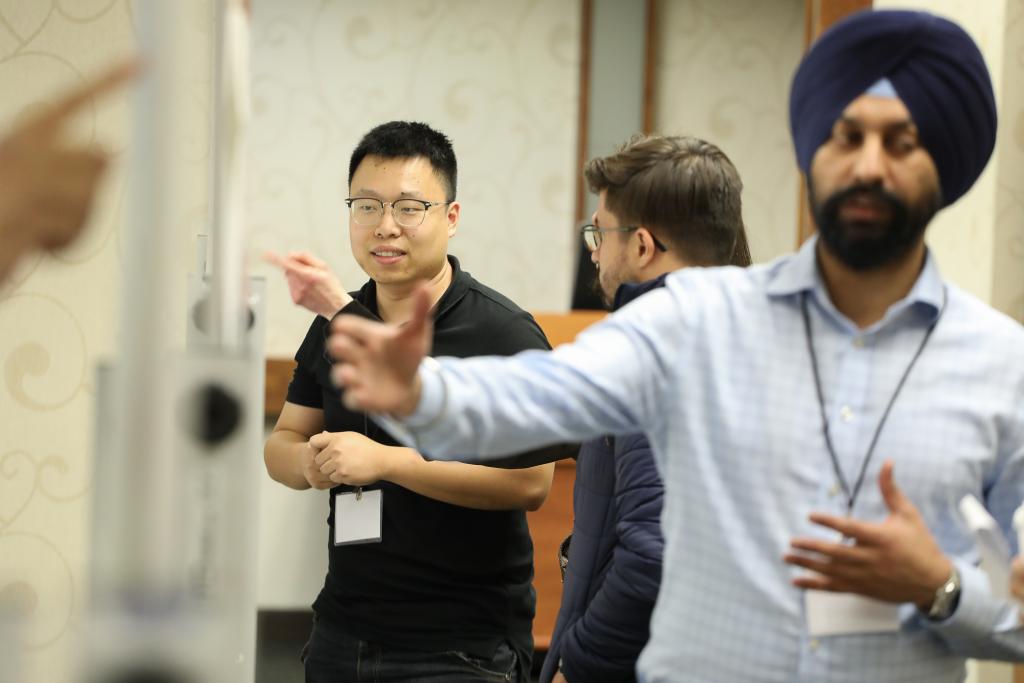
Zapf also described the current state of quantum computing. Although full-scale quantum computers do not yet exist, smaller quantum systems have already been proven as effective simulation tools. Experts continue to test other approaches that could expand the discipline and provide viable career options for current students who possess the right combination of motivation and curiosity. According to Zapf, the importance of cultivating these qualities by asking questions and learning from experts cannot be overstated.
“If I could go back in time and relive my whole career, I would ask every question or at least most of the questions that I ever wanted to ask,” Zapf said.
This year’s lecturers are affiliated with Amazon Braket, Classiq, University of Colorado Boulder, University of Constantine 1, Duke University, ETH Zurich, Harvard University, Illinois Institute of Technology, Infleqtion, JPMorgan Chase, LANL, Microsoft Quantum Lab West Lafayette, the Niels Bohr Institute at the University of Copenhagen, Purdue, QuEra, Sandia National Laboratories, the Technion - Israel Institute of Technology, and Xanadu.
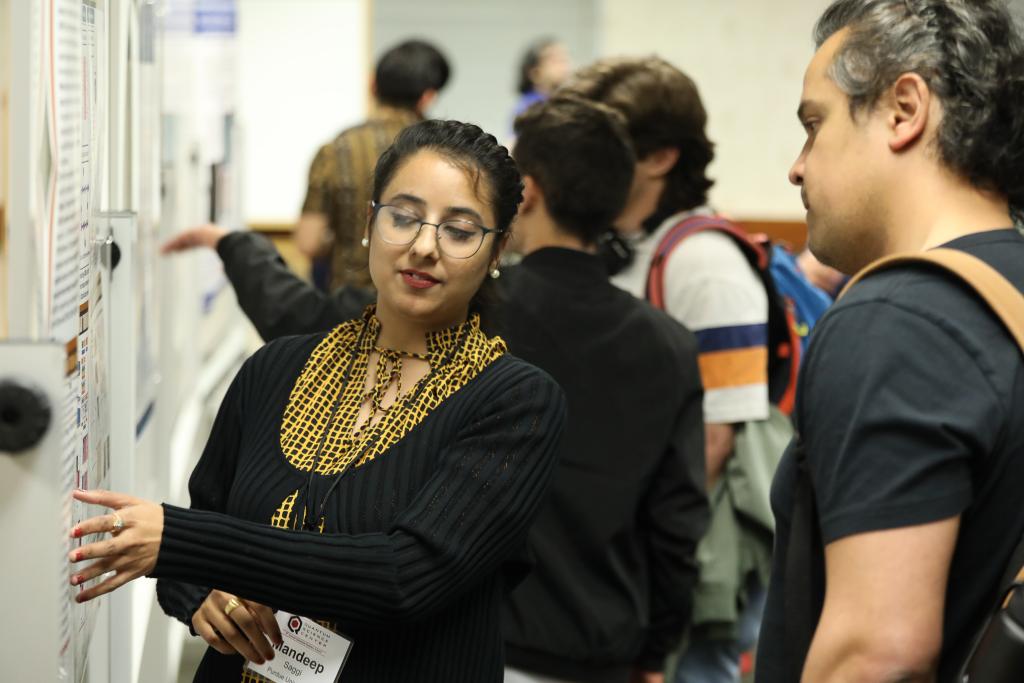
Boltasseva shared her hopes for all attendees to take back home as spring transitions into summer, which could hold new and exciting opportunities. “I hope you had a chance to network and build connections, to meet new friends, and — most importantly — that you were inspired to learn more.”
The QSC, a DOE National Quantum Information Science Research Center headquartered at ORNL, performs cutting-edge research by harnessing unique resources and a wide variety of expertise from national laboratories, universities, and industry partners. QSC researchers are designing materials that enable topological quantum computing; implementing new quantum sensors to characterize topological states and detect dark matter; and designing quantum algorithms and simulations to provide a greater understanding of quantum materials, chemistry, and quantum field theories. These efforts position the center to advance scientific discovery and enable new quantum technologies and applications that will radically accelerate secure, energy-efficient computing and maintain US leadership in fundamental and applied science. For more information, visit qscience.org.
UT-Battelle manages ORNL for DOE’s Office of Science, the single largest supporter of basic research in the physical sciences in the United States. DOE’s Office of Science is working to address some of the most pressing challenges of our time. For more information, visit https://energy.gov/science. — Elizabeth Rosenthal


